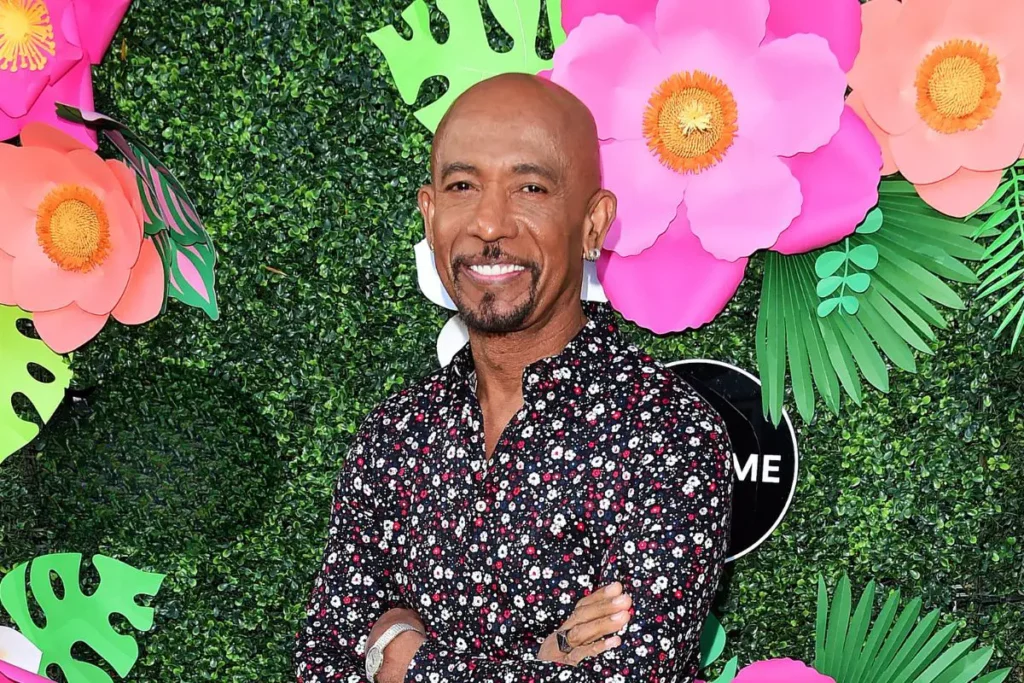
Montel Williams Recounts Taking 13 Pills Daily Until He Discovered Weed

Montel Williams revealed he once consumed up to 13 pills daily at the height of his success as a talk show icon, a dependency fueled by his battle with multiple sclerosis and the ease with which his fame granted him access to powerful opioids.
Speaking on Maria Menounos’ Heal Squad podcast, the 68-year-old openly described stockpiling prescription painkillers in his early years after being diagnosed with MS in 1999.
“As celebrities, we can get whatever we want,” Williams said, reflecting on how his public profile made it disturbingly simple to obtain medication during his 17-year run on The Montel Williams Show, which aired from 1991 to 2008.
Traveling extensively, the former host would tap into a network of hotel concierges to connect with doctors willing to prescribe drugs on short notice.
“I found I could call the hotel doctor and get a 10-day prescription of any drug I wanted, and they would just happily give it to me,” he admitted.
At the time, Williams relied on medications like Talwin and morphine to manage the debilitating pain associated with MS. However, his reliance on the pills soon grew into an addiction.
“There was one point in time when I was taking about 12 to 13 pills a day,” he confessed, detailing the grip the medications held over his life.
Williams credits his primary physician with bringing the situation to a dramatic turning point. After uncovering his behavior, the doctor contacted him to intervene.
“He called and said, ‘Dude, you’re done. I’m not writing you any more of these,’” Williams recalled.
The physician even threatened to alert the Drug Enforcement Administration, warning Williams he could be labeled a “doctor shopper” and flagged in national databases to block future prescriptions.
The ultimatum steered Williams toward a non-traditional treatment method that ultimately changed his approach to managing MS-related pain: medical marijuana.
Following his doctor’s recommendation, he explored cannabis as an alternative to opioids, a decision that proved transformative for his health and well-being.
Today, Williams is a vocal advocate for medical marijuana and its potential to relieve chronic pain.

